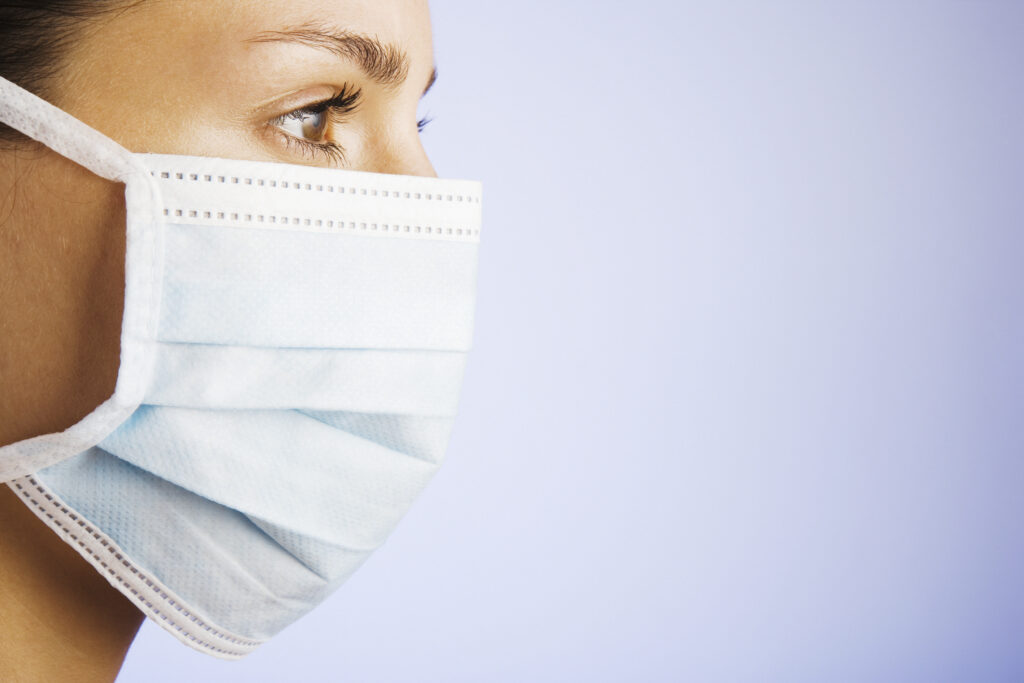
Get CPR training for your team!
If you have any questions feel free to email us at info@emccprtraining.com
CONTACT ONE OF OUR EXPERTS HERE

Last Updated on April 30, 2023 by CPR Training
 It’s exciting that we’re on our way to large-scale immunizations and a return to public life. At the same time, many of us have questions about the long-term impacts of the pandemic on society and on individuals. Are COVID-19 survivors at higher risk for cardiac arrest or heart attacks? What precautions should I take if someone needs CPR but I’m afraid of infection? How can people stay protected from COVID-19 while they administer life-saving measures?
It’s exciting that we’re on our way to large-scale immunizations and a return to public life. At the same time, many of us have questions about the long-term impacts of the pandemic on society and on individuals. Are COVID-19 survivors at higher risk for cardiac arrest or heart attacks? What precautions should I take if someone needs CPR but I’m afraid of infection? How can people stay protected from COVID-19 while they administer life-saving measures?
Today, the impacts of the pandemic are becoming clearer. They range from higher maternal and infant mortality rates to increased cardiovascular cardiac arrest.
Especially in places where access to healthcare is already limited, lifesaving resources are predictably scarce during epidemics, resulting in disproportionately higher morbidity among marginalized groups.
Access to life-saving care in the early moments of a cardiac event is crucial. It’s easy to understand fear of infection during a pandemic. Fortunately, we don’t necessarily have to choose between helping and being safe.
The American Heart Association has provided guidance for administering lifesaving measures during the pandemic. If you witness a person demonstrating symptoms of a cardiac event:
In the workplace, we’re not talking about strangers. Some might say that makes the stakes feel higher. In any case, you have at least two available resources for saving lives at work:
The CPR steps above help trained personnel do a good job, and there is no replacement for training. AEDs have at least two advantages, though.
First, AEDs are deliberately set up for ease of use and provide audible directions to the user. That’s not a replacement for training, but it is a great way to help someone feel in control under pressure. And, it does make important life saving action possible for the untrained person.
Second, it puts the citizen responder in a position where s/he will not share air with the victim, which will potentially put the caregiver in a safer position while administering aid. In addition, it can make him or her feel more comfortable about providing lifesaving care at a time when we’re being told, rightly, to keep distant.
All of that probably feels a little abstract. What can we do to take care of ourselves and those we’re close to, especially if they have conditions that make them susceptible to COVD-19s biological or sociological consequences?
In addition to the common steps prescribed by the American Heart Association, people at higher risk because of a prior stroke or heart condition can do a few extra things to set up for success.
If you live alone, put a list of your support network where it’s easy for you or an emergency responder to find. This should include close friends, family members, and your health care team.
Don’t be afraid to call 911 if you have symptoms of a heart attack or stroke. Those people want to help, and they are taking precautions for you and for themselves to be safe.
And, if you or someone in the house display symptoms of COVID-19, contact your primary care provider. If you test positive, take appropriate precautions to keep un-infected people in the home safe.
Remember- times are uncertain, but we can still safely help someone in need, and every minute counts! If you would like help with your organization’s AED program, get information here or contact us here.
Disclaimer
All the information on this website – www.emccprtraining.com – is published in good faith and for general information purposes only. EMC CPR & Safety Training, LLC does not make any warranties about the completeness, reliability, and accuracy of this information. Any action you take upon the information you find on this website (EMC CPR & Safety Training, LLC), is strictly at your own risk. EMC CPR & Safety Training, LLC will not be liable for any losses and/or damages in connection with the use of our website.
From our website, you can visit other websites by following hyperlinks to such external sites. While we strive to provide only quality links to useful and ethical websites, we have no control over the content and nature of these sites. These links to other websites do not imply a recommendation for all the content found on these sites. Site owners and content may change without notice and may occur before we have the opportunity to remove a link which may have gone ‘bad’.
Please be also aware that when you leave our website, other sites may have different privacy policies and terms which are beyond our control. Please be sure to check the Privacy Policies of these sites as well as their “Terms of Service” before engaging in any business or uploading any information
By using our website, you hereby consent to our disclaimer and agree to its terms.
Get CPR training for your team!
If you have any questions feel free to email us at info@emccprtraining.com
CONTACT ONE OF OUR EXPERTS HERE